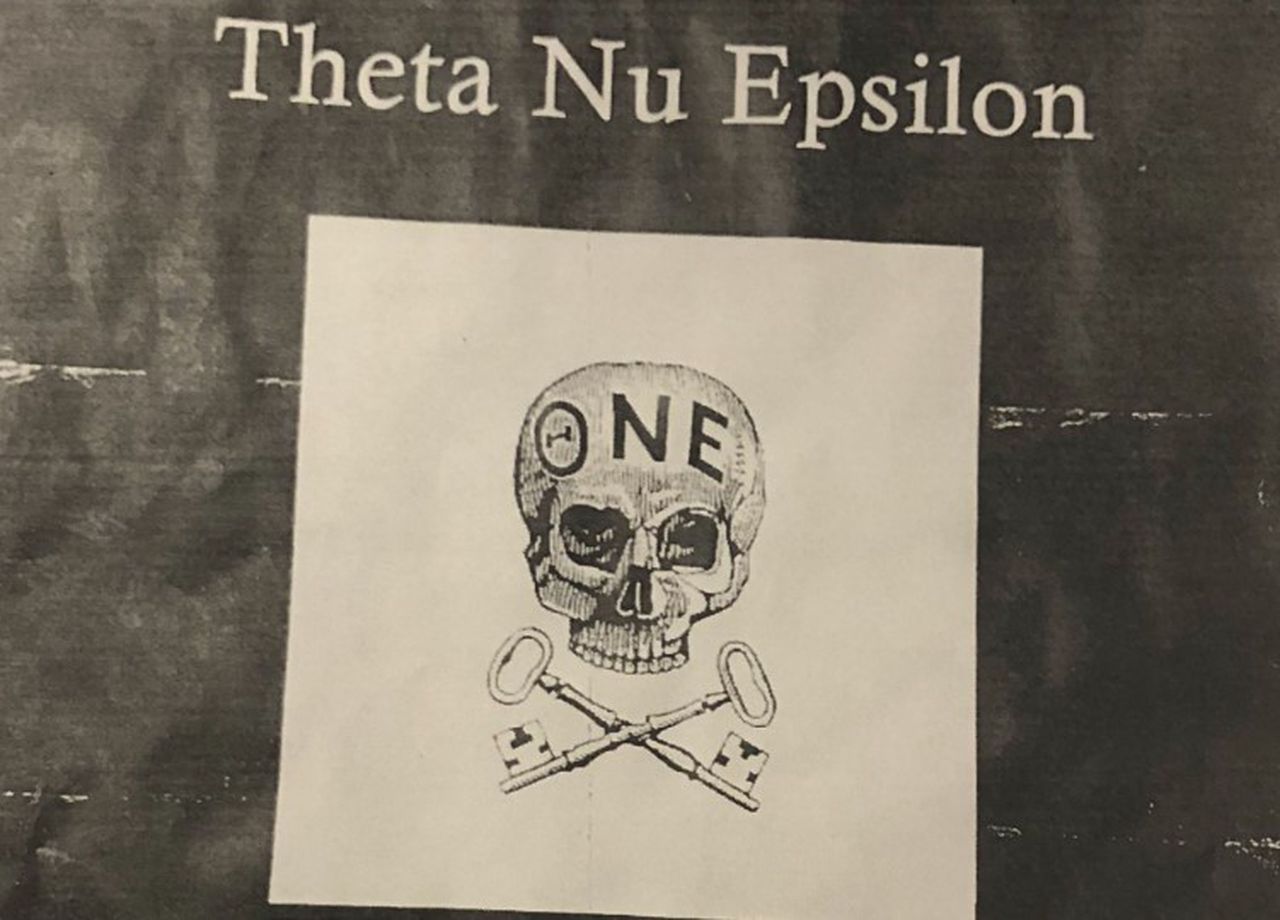Archibald: âBama Rushâ takeaway — UA IS the Machine
This is an opinion column.
“Bama Rush” is a documentary about sorority fervor at the University of Alabama.
Ostensibly, anyway.
What the film really is, I think, is a commentary on acceptance, about learning to see ourselves as we really are. Young or old. Female or male. Classically beautiful or not so much.
It’s about owning the things some might see as flaws, about recognizing that differences are to be cherished. Which is why different people find fulfillment on different paths.
Cool. Awesome.
But the film is also about a culture of body shaming and sexual assault, about a University of Alabama student who said she was roofied at a bar – for the fourth time in her life, she said – and accepted it without filing charges because somebody beat the crap out of a guy who slipped her drugs.
If that’s true, the University of Alabama has a problem. Maybe it’s time UA took some of that ownership we talked about.
Bama Rush is also about the towering presence of fraternities and sororities. Their mansions, hopped up as if on steroids and financed by the state’s flagship public university, tell students struggling to belong that they simply don’t.
RELATED: What is The Machine? ‘Bama Rush’ shines light on UA
RELATED: Listen to the definitive podcast on the secret society
The documentary peeks into “The Machine,” the would-be secret coalition of elite fraternities and sororities that has controlled student life at UA for more than a century, and a University administration that pretends it doesn’t exist and thus allows it to flourish.
Even in the wake of decades of incidents, including crossburnings, suspicious elections, SGA office buggings and break-ins, reported attacks, threats, dirty tricks, deceit and distraction.
Ultimately, this film is about the University of Alabama itself, my alma mater. And UA says nothing. Not in the film, for which I was interviewed but had no creative role. Not about the film.
I asked what the University thought about the “Bama Rush.”
Crickets.
I asked – not for the first time – if the University would go so far as to acknowledge the existence of The Machine.
Crickets.
No acknowledgment. No response. No feigned courtesy. Which is standard practice. Protect the most protected class at any cost. Look the other way and wait for unpleasantness to go away. It always does. Like a rushee with a dowdy demeanor, a quirky personality and an empty bank account.
The silence says so much. Just like the silence of The Machine, which itself was fashioned after an Alabama power structure that looked away from slavery and wrote a constitution that protected the wealthy and penalized the poor. Just like it taxed the poor and gave sweeping breaks to land barons. Just like it continues to incarcerate its poorest people and hand billions of dollars in breaks to the world’s richest corporations.
The silence is strategic. Calculated. Controlling. Intentionally sinister. Watch the faces and fear in the film as young ladies refuse to talk about The Machine.
“No, you shouldn’t talk about it, can’t talk about it.”
“Yeah, but it’s deep. Yeah.”
“We would never get into a sorority again.”
“It’s really even our life, honestly.”
“No danger, OK?”
“If there’s an election, The Machine’s rigging it,” a young man says. “If there’s a homecoming queen, it’s The Machine candidate. You’re gonna look at awards and different jobs and networks. It’s all going to The Machine.”
“I’m a fraternity mom,” a woman on social media says in the film. “I wouldn’t go up against the University of Alabama. No way. They call ‘em The Machine for a reason.”
And the University of Alabama, the king of the SEC, where football and Greek life and systemic elitism just mean more, says nothing.
There’s only one thing to take from it.
The University repeatedly remains silent when confronted with evidence and perception that student life is dominated by a secret cabal of privileged and corrupt puppeteers.
The University looks the other way at incident after incident. It makes no sound – other than to warn filmmakers to watch themselves – because propping up privilege is more lucrative, and more vital to this school than the success of its graduates.
Because Alabama’s brand of politics requires a farm team for sleaze, a training ground, and the University of Alabama provides an MBA for dirty tricks.
So of course this University does not want to acknowledge or destroy The Machine. Ultimately, the University of Alabama is The Machine.
And the biggest fraternity house of all? Sid McDonald Hall. Home to the UA System.
And the chancellor.
John Archibald is an Alabama alum, the parent and husband of an Alabama alum, and a two-time Pulitzer Prize winner trained at UA’s Crimson White.
